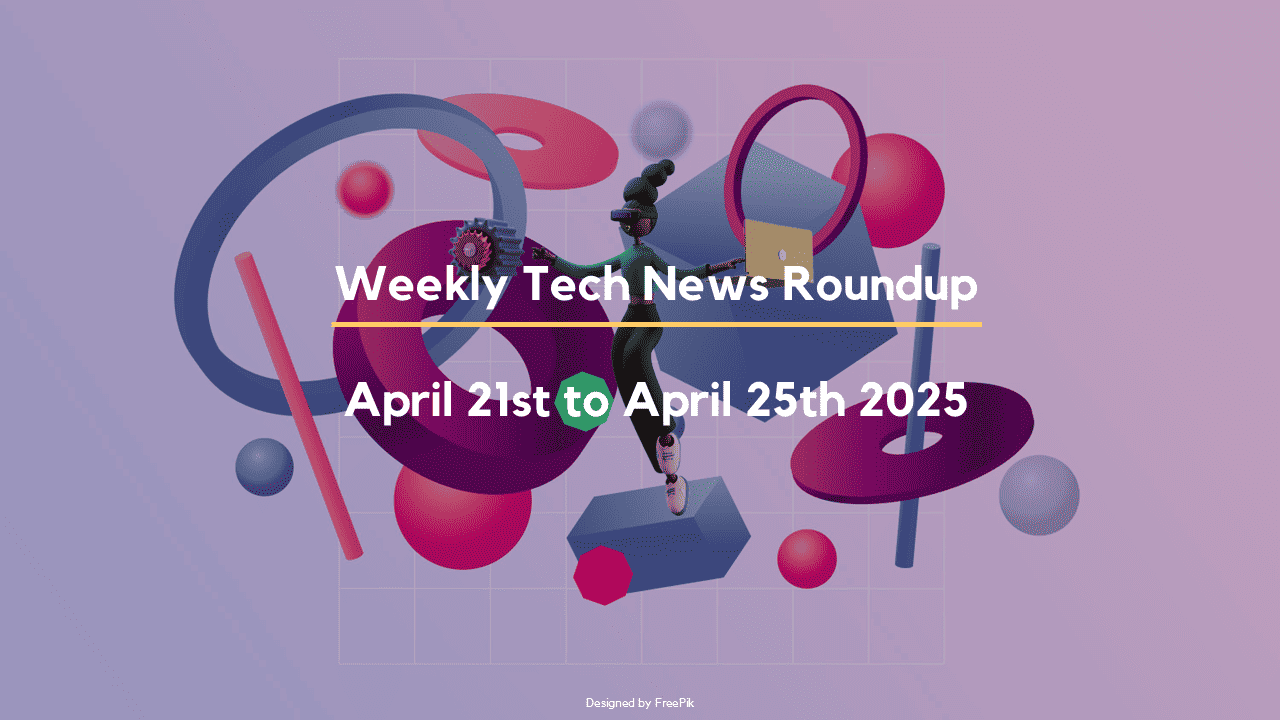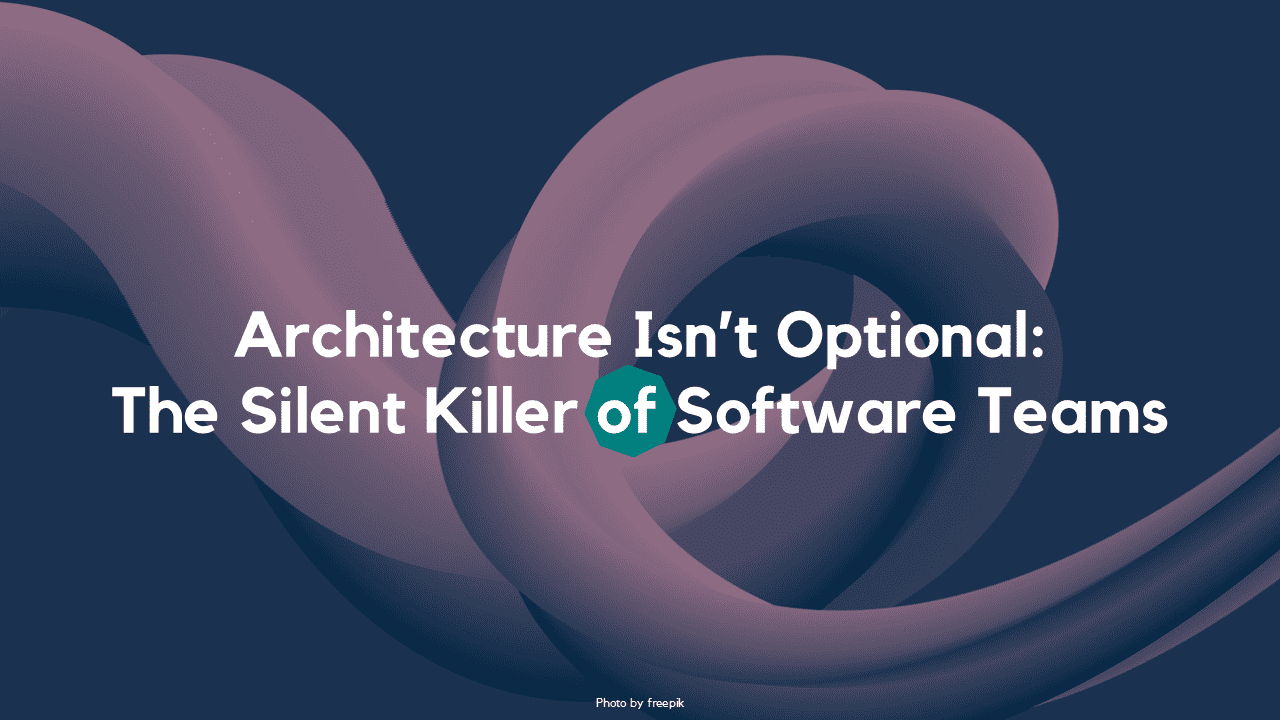Why UX Research Is Just as Important as UX and UI Design
24 Jul, 20233 minutesWhen discussing the creation of a solid and successful product, a basic principle widely acc...

When discussing the creation of a solid and successful product, a basic principle widely accepted amongst UX/UI circles is that to ensure victory, exceptional user-friendly interfaces and experiences must be at the forefront of a strong UX / UI strategy. And for good reason.
In today’s saturated marketplace, customers are inundated with choices regarding products and spoilt for choice. In order to stick out from the pack and have exceptional value propositions shown that make customers want to engage with your product, new digital products need to be relatable, intuitive and easy to use.
When discussing how to achieve this, understandably user experience (UX) and user interface (UI) are often touted as the prime elements that underpin successful products. After all, they are commonly the more visual aspects spoken about in product design and the more “cool” elements that garner the most attention.
However, user experience (UX) research is arguably an equally important aspect of product design and development. When done correctly, it can help ensure success and deepen the understanding of users' needs, behaviours, and attitudes towards a product. This, in turn, leads to a better product!

So, what is UX research?
User experience (UX) research is an essential component of creating a successful product. It involves the systematic gathering and analysis of data on user behaviour, needs, and attitudes towards a product, which is then used to inform the design and development process.
“User research is actually the way by which designer is able to step into the shoes of the user and go along his or her path feeling all the stones on the way.”- Tubik Studio, Digital Studio
In a way, UX research is the pillar upon which UX and UI can build with the market research and customer feedback UX researchers gathered during the initial stages creating a psychological profile of customers that UX and UI can use in the rest of the product development lifecycle.
UX Research Can Help Identify User Needs and Pain Points
It should go without saying, but if UX research involves the collection of customer data and using these insights to inform products, it is a highly effective means of evaluating user pain points, desires, and behaviours and using these to inform the next steps.

UX Research Can Help Reduce Development Costs
Conducting UX research early in a product lifecycle has a massive advantage in highlighting potential issues before they become major problems. As a result, this approach can help reduce development costs by addressing problems early on rather than having to make expensive changes later in the development process. Moreover, UX research can help ensure that the product is built to meet user needs, ultimately saving money by reducing the risk of a failed product.
Enhancing Brand Reputation
User satisfaction is clearly connected to the usefulness and effectiveness of a product. However, taking a broader perspective, successful user research can also have a positive impact on a brand's overall reputation by aiding the development of a good product. UX research can guarantee that a product is well-designed and meets user needs, leading to increased brand loyalty and success.
Staying ahead of the competition
Finally, UX research can help companies stay ahead of the competition by identifying new opportunities and areas for innovation. By understanding user needs and behaviour, companies can identify gaps in the market and develop new products that meet those needs. UX research can also help companies improve existing products and stay competitive in a crowded marketplace.
Teams can benefit massively when developing products by investing in UX research. Although it is a fairly back-end process that's easy to overlook compared to the more front-facing elements of UX and UI, having a UX expert who can adeptly integrate customer insights into product designs is invaluable. In the long term, this approach can be massively beneficial to a product's throughline.




